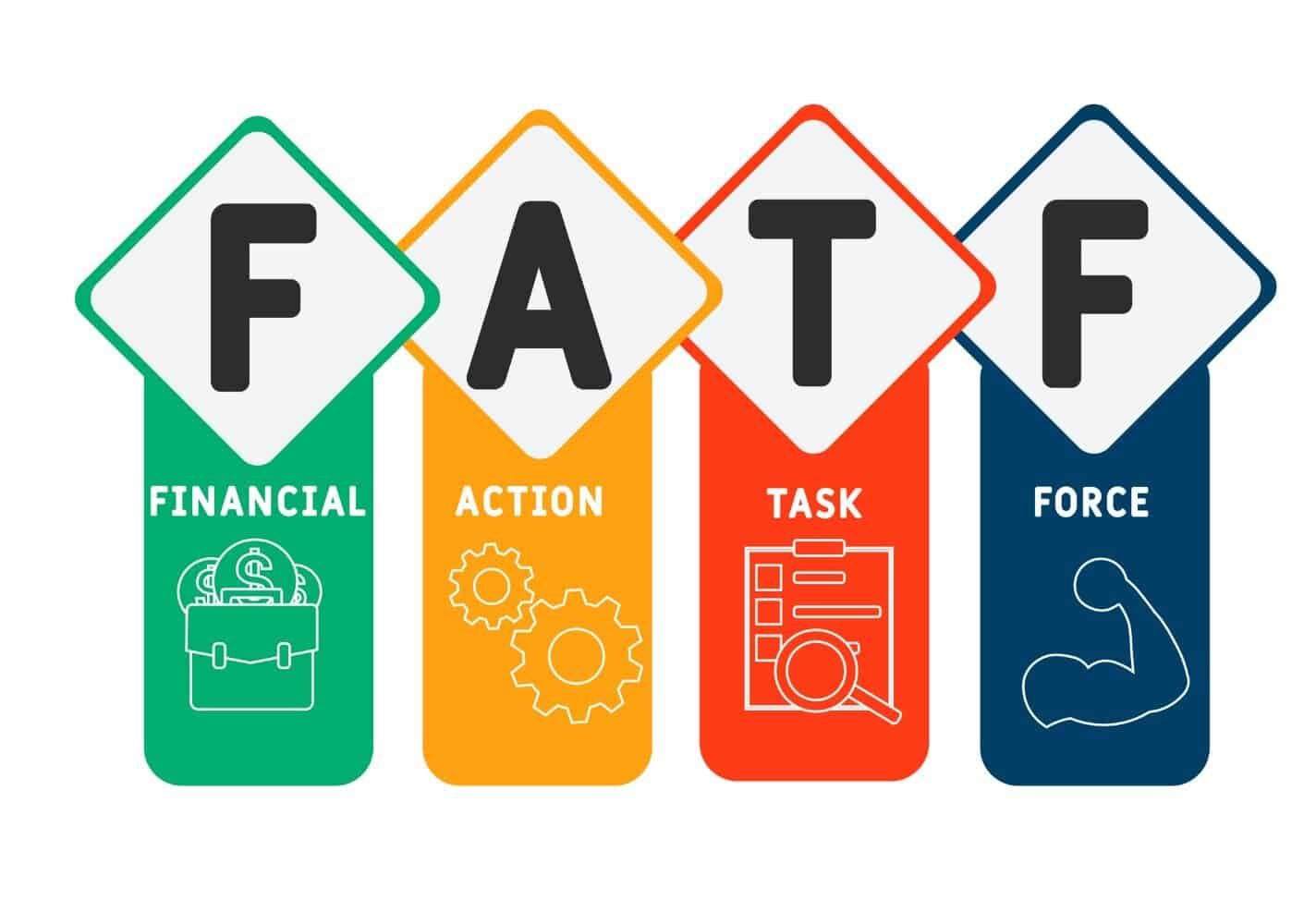Exiting the FATF greylist might feel like the finishing line for most South Africans, but the experts warn that it is not the end of the race but a milestone.

Exiting the FATF greylist is a big deal for the country, but not for the markets and the rand, because the markets were already anticipating that South Africa would be delisted in the days before the announcement and adjusted for it.
Sanisha Packirisamy, chief economist at Momentum Invest, points out that when the country was greylisted it was not a surprise for the markets, and now, as the country exits the list, the move did not come as a surprise to the markets either, with South Africa’s 10-year government bond yield and the rand largely stable while the equity market weakened.
“In the days leading up to the announcement, the rand firmed slightly in anticipation, but the official decision prompted only a muted response across financial markets.”
SA’s removal from FATF greylist validation of institutional reform
But make no mistake, South Africa’s removal from the greylist is a validation of institutional reform, she says. “It is an endorsement that helps to lower long-term transaction costs, improve financial credibility and ease cross-border flows, even if it does not ignite an immediate growth surge.”
The Financial Action Task Force (FATF) greylisted South Africa in February 2023, due to its failure to comply with FATF standards and measures to combat illicit financial flows, terrorist funding and potential threats to the integrity of the global financial system.
After South Africa completed all 22 actions the FATF required to remove the country from the greylist, Elisa de Anda Madrazo of Mexico, the current FATF president, announced on Friday night that the country met all the requirements to be removed.
ALSO READ: Great news for SA as it is finally removed from the FATF greylist
What does it mean for ordinary consumers?
Lenee Green, Lerato Lamola and Michael Denega, partners at law firm Webber Wentzel, say they expect a renewed optimism for increased foreign investment, building on the steady foreign direct investment that continued even during the greylisting period, as indicated by data from the latest PwC’s Economic Outlook Report and the Reserve Bank of South Africa’s annual report.
According to the 2025 budget review of National Treasury, economic growth continued after over a decade of stagnant growth. They say the investor community observed similar reform-and-recovery patterns in other jurisdictions that successfully navigated the FATF process, such as Mauritius, Botswana, Pakistan, Turkey and Jamaica.
“In each case, market sentiment recovered well before formal delisting once the FATF acknowledged progress and timelines became clear. This established a predictable reform-to-delisting cycle of roughly two to three years.”
Investors already started pricing in SA’s exit from FATF greylist last year
Green, Lamola and Denega point out that by late 2024, fixed-income spreads, the rand and cross-border capital flow indicators showed that investors were already discounting the likelihood of South Africa’s eventual removal, with credit analysts (Moody’s, RMB, Investec) describing the listing as a “transitory compliance risk” rather than a structural credit issue.
“During the greylisting period, the cost associated with foreign investment was a concern, with the Sarb annual report noting that the ‘effects of being greylisted were felt as foreign counterparties apply greater scrutiny to our domestic institutions’.
“The cost of increased compliance was felt by domestic institutions doing business with foreign investors. The cost of non-compliance resulted in hefty administrative penalties being imposed on various institutions by regulatory authorities, including the Financial Sector Conduct Authority and the Prudential Authority.
“With South Africa now delisted, we expect foreign investment to increase while maintaining the enhanced scrutiny and compliance standards that were developed during the greylisting period.”
ALSO READ: What South Africa’s FATF greylist exit teaches us about effective reform
‘Cheaper and more efficient to do business’ in SA
Philip Robotham, head of South Africa’s client group at Schroders, says being greylisted meant that it was harder for foreign investors to do business in the country, given its higher-risk status and therefore enhanced due diligence requirements.
“Exiting the greylist should make it cheaper and more efficient to do business here. This, together with the steps taken to correct various deficiencies and better detect financial crime, as well as the laws implemented to enforce compliance, should make the country a more attractive destination for capital and prove beneficial for the economy as a whole.”
He points out that the grey-listing is by no means the only obstacle to attracting foreign capital, as we must still contend with the global and local economic backdrop. “However, it is a step in the right direction to improve investor confidence alongside other positive developments, such as ongoing reform progress, energy stability and public/private sector engagement.”
Professor Raymond Parsons, economist at the NWU Business School, says it is good news for the South African economy and also eliminates one important element of policy uncertainty that is keeping the NWU Business School’s Policy Uncertainty Index in negative territory. “Removal from the grey list will help to improve investor confidence and reduce the costs associated with overseas financial transactions.”
‘Trust must be treated as form of national equity’
Reputation management expert Tshepo Matseba said the news was “more than a compliance milestone; it marks a reputational inflection point grounded in the academic principles of credibility, consistency and competence”.
Matseba said the level of confidence now evident among investors across global markets accentuates South Africa’s attractiveness as a destination for long-term, sustainable investment.
He said the trust, however, must be treated as a form of national equity – earned through credible action and preserved through consistency.
ALSO READ: South Africa well on its way to get off FATF grey list
“For policy makers, the imperative is clear: protect this reputational momentum by embedding reform discipline and policy predictability into every aspect of governance,” Matseba said.
“Reputation, once restored, becomes a multiplier of opportunity, but only when it is managed intentionally and reinforced through credible performance and principled leadership.”
Brand South Africa chief executive Neville Matjie said: “Exiting the greylist restores not only trust in our financial system, but renewed confidence in South Africa.”






